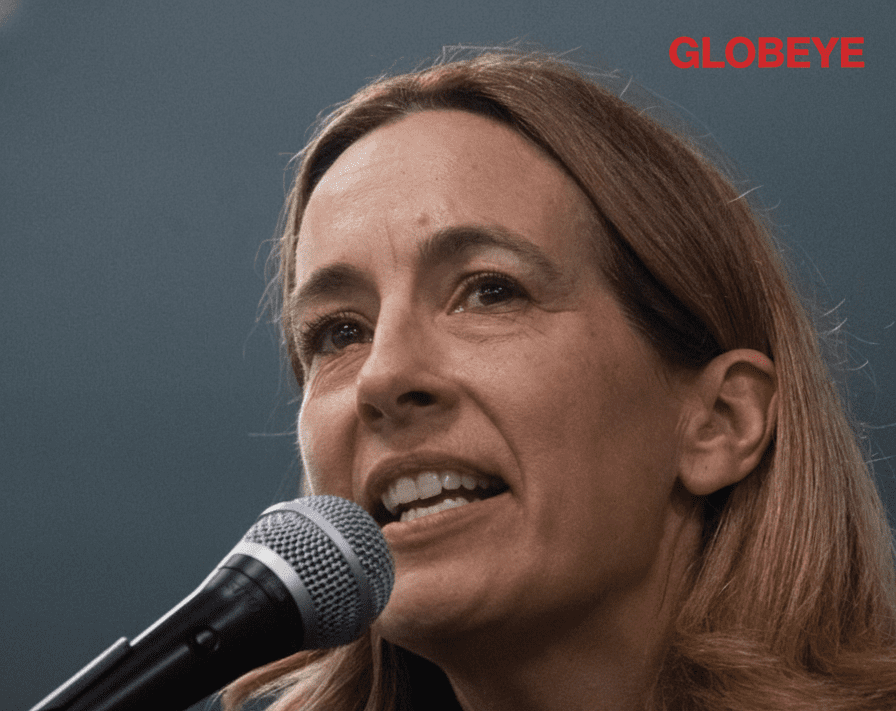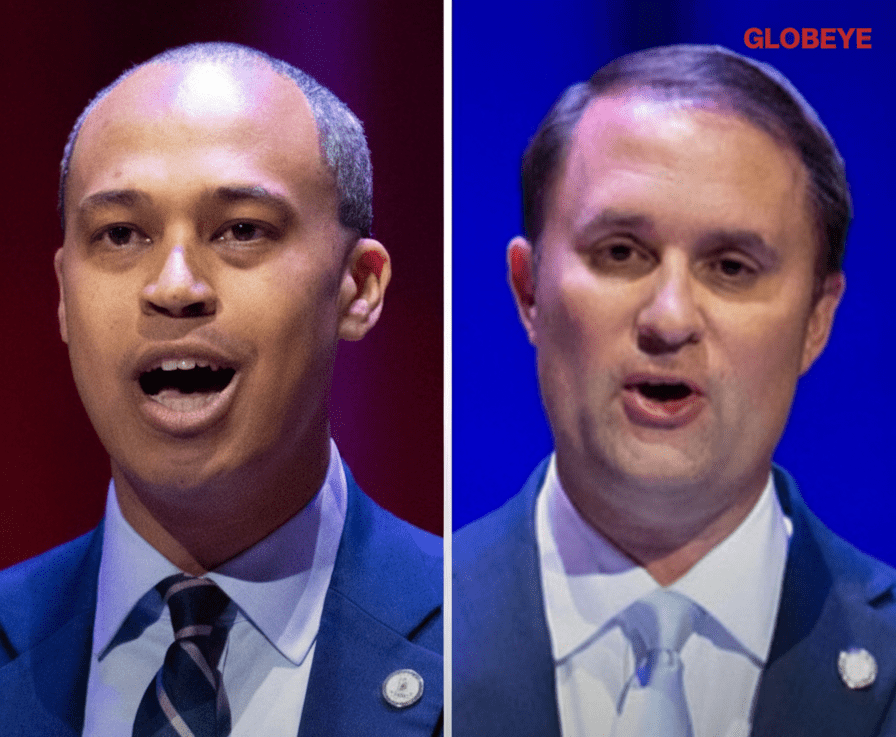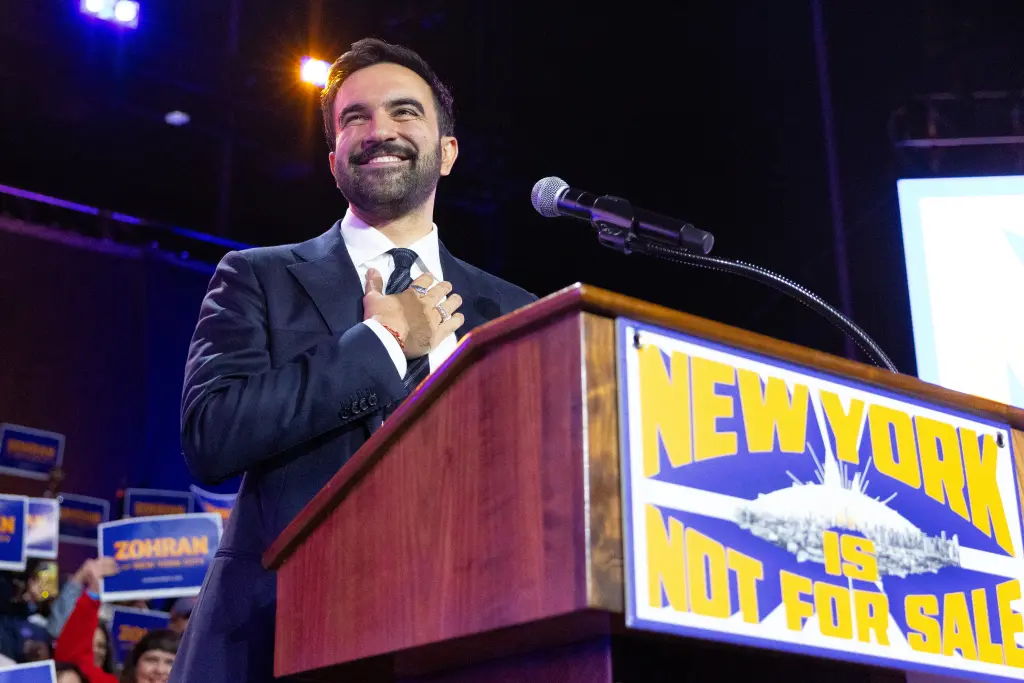Democrat Mikie Sherrill Faces Backlash After Records Reveal Over $25,000 in Campaign Donations from Drug Companies Accused of Fueling America’s Opioid Crisis
New Jersey’s gubernatorial race took a dramatic turn this week after campaign finance disclosures revealed that Democratic candidate Mikie Sherrill accepted more than $25,000 in political contributions from pharmaceutical giants accused of playing a central role in the nation’s devastating opioid crisis. The revelation, first reported by the New York Post on October 15, 2025, has triggered outrage among voters and renewed scrutiny of Sherrill’s campaign messaging, which has repeatedly focused on condemning her Republican opponent for ties to the same epidemic.
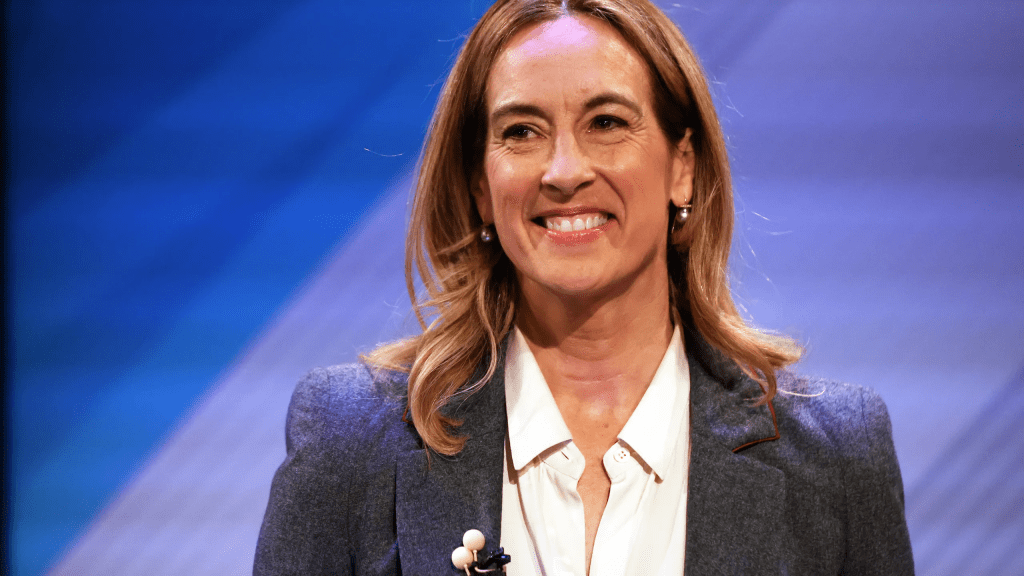
According to federal and state filings, Sherrill’s campaign received a series of donations from executives and political action committees connected to several major drug manufacturers and distributors currently facing lawsuits over their role in the spread of addictive painkillers. The timing of the contributions has raised eyebrows, coming just months before the November election and mere days after Sherrill publicly attacked her GOP rival for allegedly having “blood on his hands” from the opioid crisis during a televised debate.
Political observers note that the controversy cuts directly against Sherrill’s carefully crafted image as a reform-minded candidate focused on public health accountability and ethical governance. The fact that she accepted money from companies accused of “supercharging” opioid distribution has left even some Democratic strategists privately questioning the optics of her fundraising. Several advocacy groups representing families affected by the opioid epidemic have demanded that Sherrill return the donations immediately and issue a public apology.
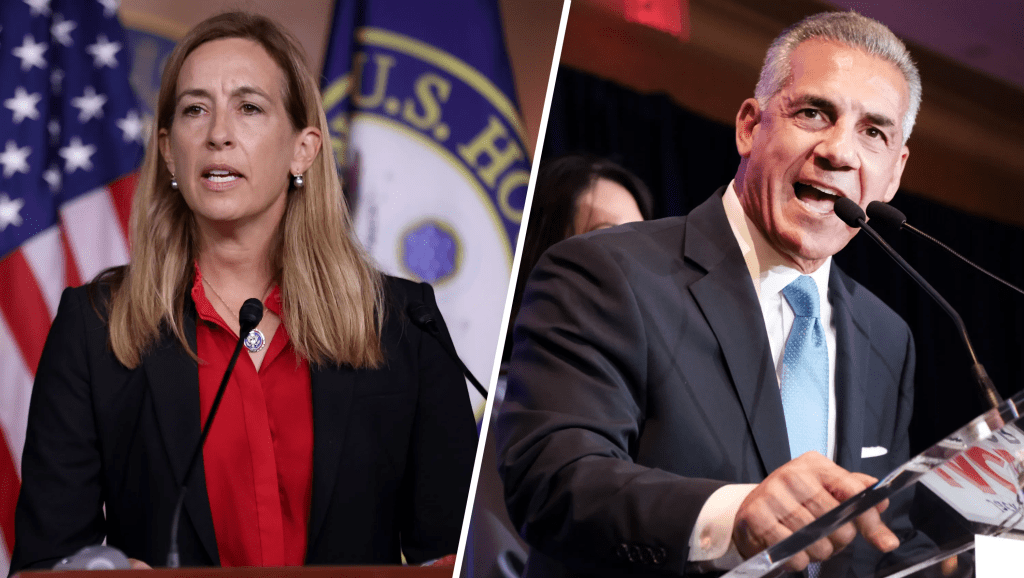
The backlash has also intensified among conservatives, who see the revelation as proof of double standards within the Democratic Party. Trump allies and GOP figures were quick to seize on the story, calling it another example of political hypocrisy. “While Democrats talk about compassion, they’re taking checks from the same corporations that profited off America’s pain,” one Republican strategist said in response to the report. Supporters of President Trump argued that the situation highlights the corruption and inconsistency within the party’s leadership, particularly as it continues to campaign on moral accountability and justice reform.
Sherrill’s campaign has not denied the donations but claimed that her acceptance of the funds “does not influence policy positions.” Her team insisted the contributions were within legal limits and part of standard fundraising efforts. However, critics argue that legality is not the issue—integrity is. The controversy arrives at a crucial moment for Sherrill, whose race is tightening in the final stretch as undecided voters weigh economic, social, and ethical issues heading into the polls.
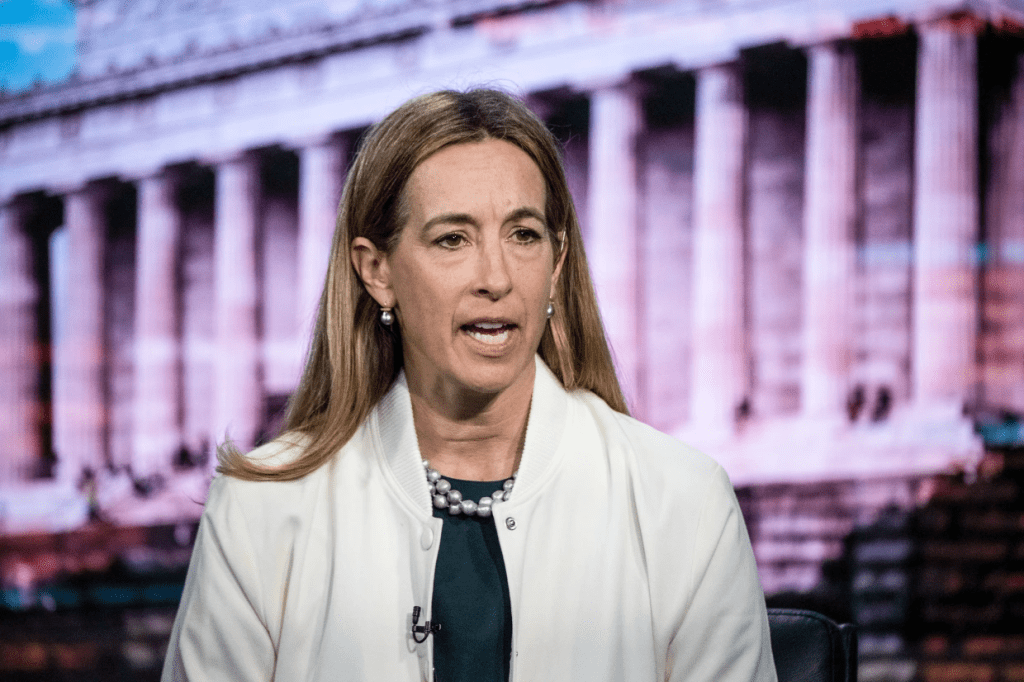
For many voters in New Jersey, the opioid epidemic is not a political talking point—it’s a lived reality. The state remains one of the hardest hit by addiction and overdose deaths, with thousands of families still recovering from the long-term effects of corporate negligence and lax regulation. Against that backdrop, the optics of a candidate receiving large donations from those tied to the crisis are politically explosive.
This development has reshaped the tone of the election, forcing Sherrill onto the defensive and giving her Republican opponent new momentum. The controversy underscores a growing sentiment among Americans tired of political double-speak: that accountability should apply equally, regardless of party affiliation. As the campaign enters its final weeks, Sherrill’s ability to weather the fallout will likely determine whether she can hold on to her lead—or whether voters decide that words and actions must finally align.
